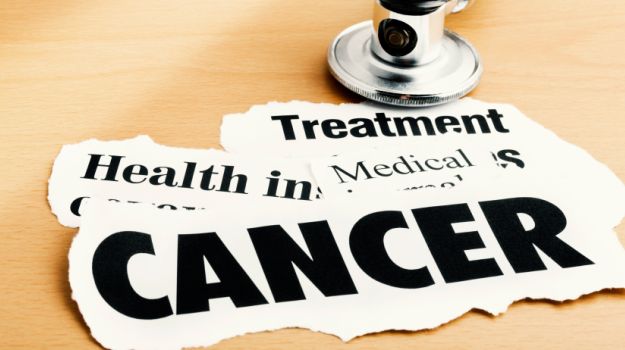"How can I have cancer, Doctor? I don't smoke, I exercise every day, I eat the right food and I get annual health check-ups." Bewildered and shocked patients, often say this to me. The reality - no matter how many "Do's and Don'ts" we follow, fossil fuel pollution, food made from pesticide-laden agri-produce and stressful work lives are here to stay. These causes of cancer are beyond individual control and short of staying in a bubble, they can't be avoided.
Preventive health check-ups are good, they serve a purpose, but awareness and alertness is equally important. If a cell goes rogue, a day after the health check, it will get detected at the next check-up, which in most cases is 365 days later, by when it could have spread to other body parts. We know of a family member, a very dear friend or a work colleague who has suffered at the hands of this deadly disease. So, early signs should be heeded to and if any known symptoms show-up a visit to a qualified Medical Oncologist is warranted.
To put it in perspective, every year nearly 1.1 million new cases of cancer are reported. In all, the disease affects about 3.3 million people in India at any given point in time. Cancer incidence increases with age and as the geriatric population rises, so will the incidence of cancer.
Thanks to the internet, we are quick to read up on cancer and have conversations on Facebook and Twitter. While most of us are no longer ignorant about cancer, it instills a morbid fear. Science is looking for newer options to prevent, detect and treat cancer.
A mammography test, earlier recommended once a year, is now being recommended once in two or three years. Even the age for mammography has moved from early forties to early fifties. The symptoms and signs that should be watched out for include mild to high pain in the affected area, sudden, unexplained weight loss, unusual lump or growth, unexplained bleeding, breathlessness, appetite loss, fever and extreme tiredness.
Contrary to popular belief, many treatment options are available for cancer, depending on the age of the patient, intensity and and its spread. But only experienced and skillful medical oncologists can assess how the patient is likely to respond and react to the treatment. An individualized treatment tailored to each patient can and does offer long term survival of the patient.
Science is making it possible to detect an individual patient's cancer causing genes and share a considered prognosis -- whether it will go away, recur or respond to treatment at all. Oncologists can not only treat cancer by modifying genes but also by strengthening the immune system, so that the body can fight cells that behave abnormally.
While researchers look for a surer cure for cancer and medicine wages a war against it, the patients' quality of life has to be ensured. A part of the job is to see that a patient's pain reduces, he eats and sleeps well and continues to live a dignified life.
It is said that once diagnosed with cancer, a typical patient is either in active phase, treatment phase or in follow up phase. Irrespective of the stage, a patient needs support till the very end.
A cured person needs to go through regular health check-ups, and the one fighting this disease needs palliative care to go through the ailment with less pain, anxiety and hardship to the caregivers at home. The anxiety stems mainly from the questions like "Who will attend to me, if my mobility goes down a wee bit more", or "With so much vomiting I shall have to go to the hospital in the middle of the night. Who will take me to the hospital?"
There is a crying need for a better tertiary healthcare system that can de-centralize the treatment, so for simple procedures like injecting saline water, caregivers don't have to rush to the nearest cancer hospital. India also needs to evolve a robust homecare medical service that can administer palliative care in the comfort of the patient's home while reducing the financial burden on the caregivers. A few companies have taken a step in the right direction.
Nurses and attendants in some of these companies are trained in providing palliative cancer care and are familiar with processes such as Tracheostomy Management, Stoma Care, Onco Emergency Recognition etc. and can be deployed at the patient's home on a 24x7 basis for providing high quality patient care.
Whether we conquer the disease or not, we can surely make the battle easier for the affected patients and their families. At least then the fear of the disease can be conquered.








